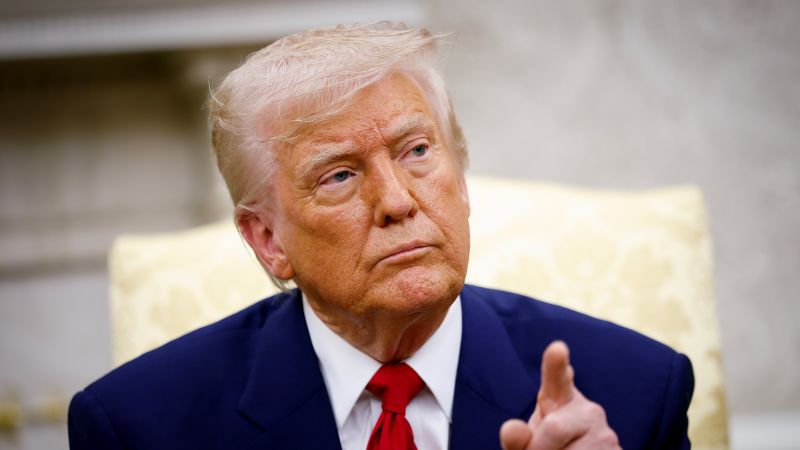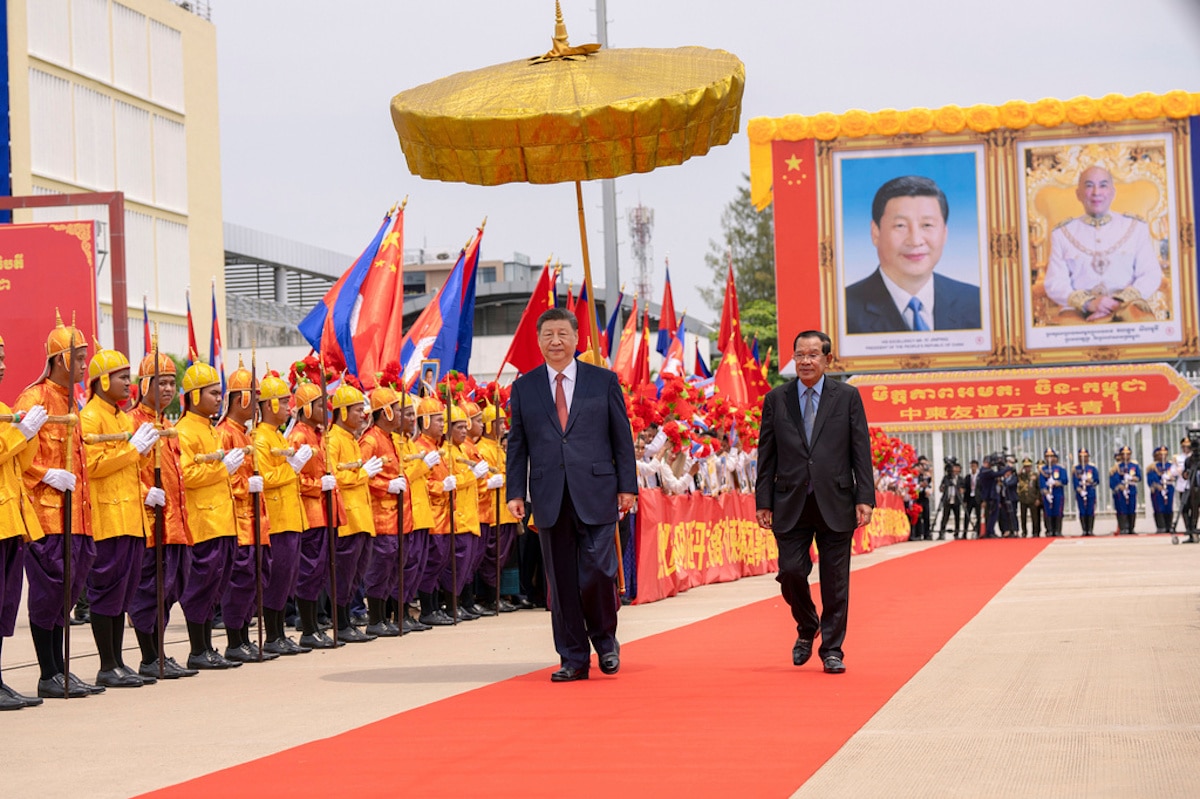President Donald Trump’s promise to impose tariffs on pharmaceutical imports is raising red flags among generic drugmakers and industry experts, who warn that such a move could lead to increased drug shortages and higher prices . Generic drug manufacturers have had to contend with increasing competition and tight profit margins in recent years. Slapping extra costs through tariffs could undermine their ability to do business with the US, especially since it could be tougher for them to recoup the added expense than manufacturers of brand-name drugs, experts say.
“You’re going to have companies ...

(for which) the financial outlook is so dire, they may not be able to bring the product into the United States,” John Murphy III, CEO of the Association for Accessible Medicines, the trade group for generic and biosimilar medicine, told CNN. “And that could amplify the drug shortages concerns we have here in the United States.” Currently, there are 270 active drug shortages in the US, down from an all-time high of 323 in early 2024, according to data from the American Society of Health-System Pharmacists.
Shortages of antibiotics are a particular problem. Some 40% of generic drugs have only one or two companies making their ingredients, so it’s a “pretty fragile supply,” Rena Conti, an associate professor at the Boston University Questrom School of Business, told CNN. If one manufacturer exits, it could be harder to get the drugs — potentially posing a challenge for pharmacies and hospitals.
If multiple manufacturers stop production, prices could rise. As a result, patients could have trouble finding a pharmacy that can immediately fill their prescription, Conti said, though it may not happen for several months since pharmacies typically lock in their supplies well in advance. These supply contracts may delay the impact of any changes sparked by the tariffs, but ultimately many Americans could be affected because generic drugs make up about 90% of the medicines prescribed in the US.
“The pain will ultimately be borne by the consumer, by the patient,” said Arthur Wong, managing director for US health care practice at S&P Global. Investigation into drug imports The Trump administration has not revealed details about the tariffs it intends to impose on pharmaceutical imports, which were exempt from the tariffs he levied in his first term. But now, the president says he feels that he must take action to spur more drug manufacturing in the US, which is also his reasoning for imposing tariffs on other industries.
“We’re going to have our drugs made in the United States, so that in case of war, in case of whatever, we’re not relying on China and various other countries, which is not a good idea,” Trump told reporters on Sunday. And he is moving forward with that effort. The administration has launched an investigation into pharmaceutical imports to set the stage to impose tariffs on national security grounds, according to a notice posted to the Federal Register on Monday.
The probe must be completed within 270 days, though the results could be released sooner. Meanwhile, Commerce Secretary Howard Lutnick said Sunday on ABC News that the tariffs would be announced in the next month or two. Tariffs on pharmaceutical imports from India and China will be especially consequential for the US, since manufacturers in those countries produce a large share of the ingredients for generic drugs, experts say.
What’s more, the tariffs will not push drugmakers to shift more operations to the US, some contend. “Given the complexity of the Pharma supply chain, we do not expect the industry to make any major changes,” wrote Evan Seigerman, a pharmaceuticals analyst with BMO Capital Markets, in a recent research note. Tariffs could actually have the opposite effect of stalling more drug manufacturing in the US, one industry official said.
“If large tariffs are imposed, they will trigger substantially more drug shortages, cause greater US dependence on China for life-saving medications, and delay Indian companies’ investments in America,” Kathleen Jaeger, US spokesperson for the Indian Pharmaceutical Alliance, said in a statement..
















